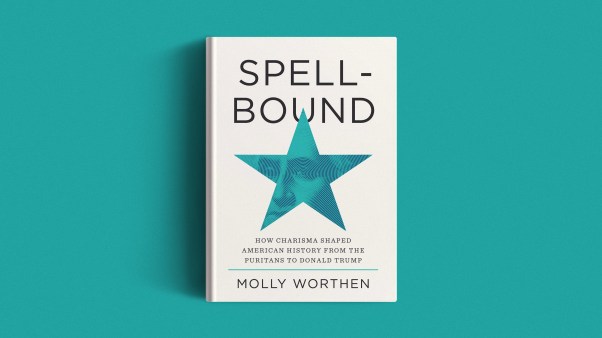How many Christians would want to be called a “pietist” nowadays? The term has taken on a meaning that is associated with smug self-righteousness and escapism.
This issue will demonstrate that the word should be understood in a wider and richer context in terms of the historical movement itself and what it believed, how it behaved, what it sought to accomplish, how it understood and affirmed the gospel.
What Is Pietism?
Pietism is an historical movement which arose within the Protestantism of Continental Europe during the closing decades of the seventeenth century. Lutheran scholars have usually dated its beginning from Philip Jacob Spener’s publication of his Pious Desires in 1675. It should be understood, however, that the same movement is discernible in the Reformed communion and was shared by so called “radicals” and others who eschewed any ecclesiastical affiliation. By the middle of the eighteenth century it had largely run its course, though the religious impulses it had generated were incorporated in various subsequent movements down to the present day.
Pietists were basically interested in the religious renewal of the individual, belief in the Bible as the unfailing guide to faith and life, a complete commitment to Christ which must be evident in the Christian’s life, the need for Christian nurture through the faithful use of appropriate devotional aids, including sermons and hymns, and finally a concern to apply the love of Christ so as to alleviate the social and cultural ills of the day.
A Second Phase of the Reformation?
The Pietists themselves generally believed and often asserted that their movement was an extension of or second phase of the Reformation. Whether or not that is true is a question that is still debated today.
Copyright © 1986 by the author or Christianity Today/Christian History magazine. Click here for reprint information on Christian History.










